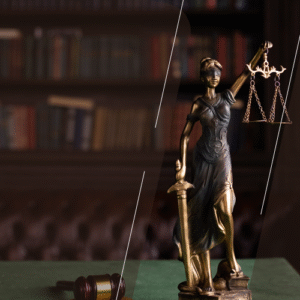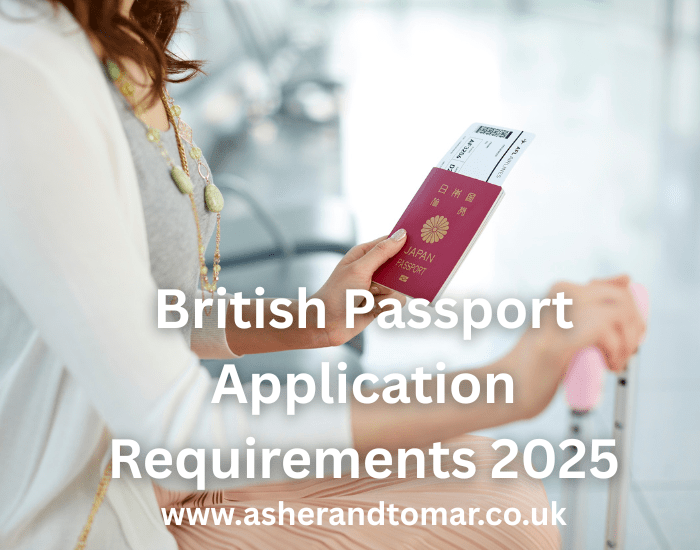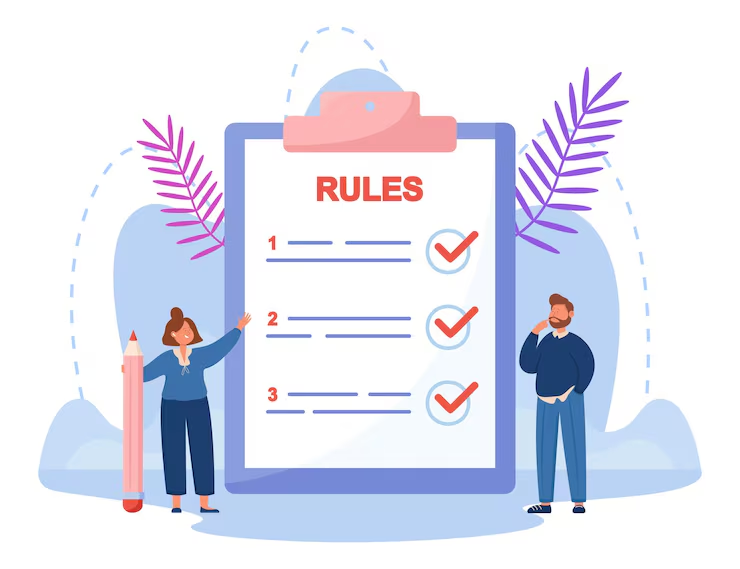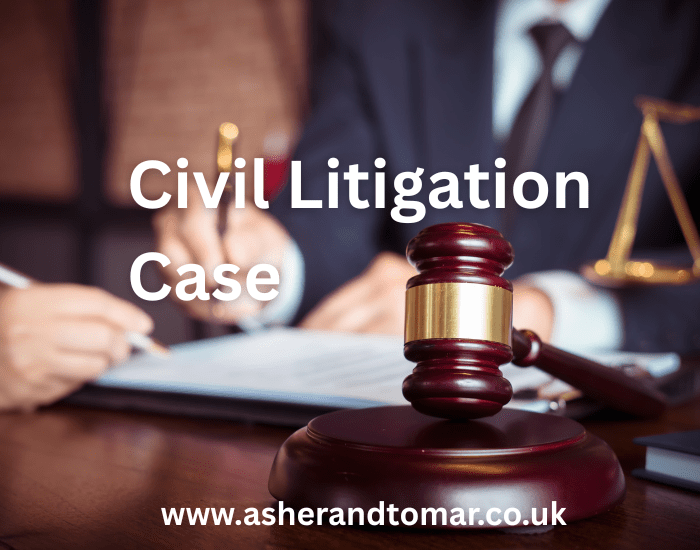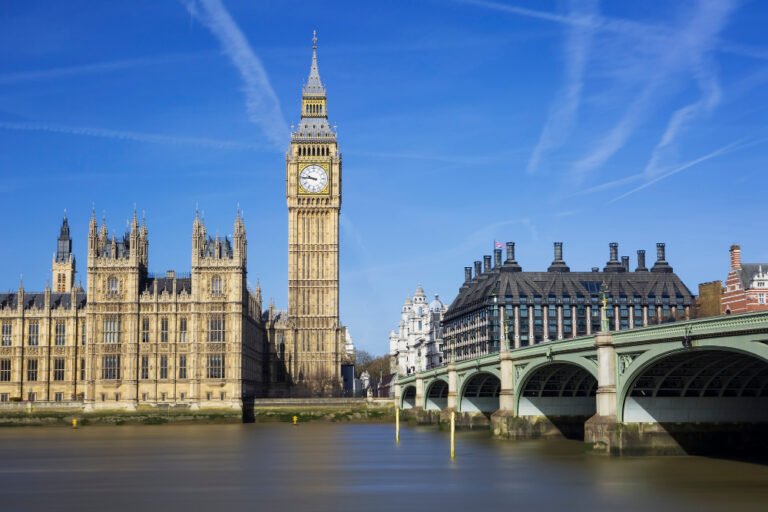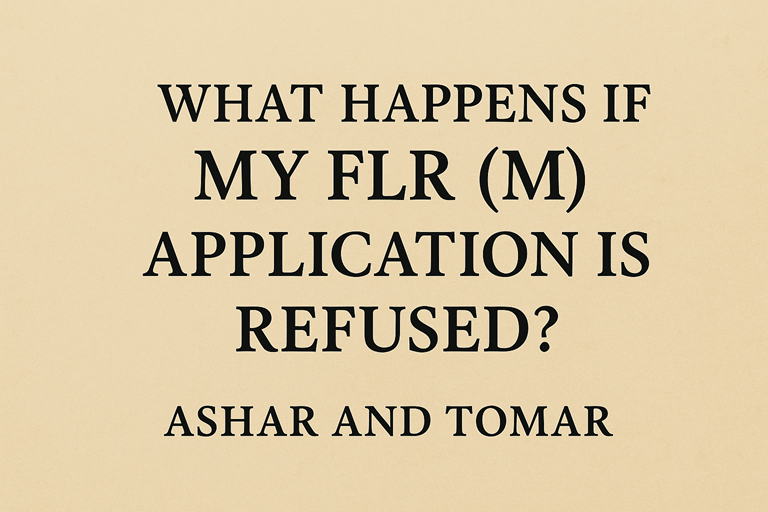We note that not everyone knows the difference between British Subject and British National and they feel that they are entitled to apply for a British passport as a descendant of a British passport holder.
Who is a British subject (British Subject and British National)?
You became a British subject on 1 January 1983 if, until then, you were either:
- a British subject without citizenship, which means you were a British subject on 31 December 1948 who did not become a citizen of the UK and Colonies, a Commonwealth country, Pakistan, or Ireland
- a person who had been a citizen of Ireland on 31 December 1948 and had made a claim to remain a British subject
You also became a British subject on 1 January 1983 if you were a woman who registered as a British subject on the basis of your marriage to a man in one of these categories.
Irish citizens (British Subject and British nationals)
You’re a British subject if you were a citizen of Ireland on 31 December 1948 and made a claim to remain a British subject.
If you did not make a claim to remain a British subject, you can apply to the Home Secretary to become a British subject if either:
- you’ve been in Crown service for the UK government
- you’re associated with the UK or a British overseas territory by descent, residence or another way
Children of British subjects (British Subject and British National)
British subjects cannot normally pass on that status to their children if the children were born after 1 January 1983.
However, a child may be a British subject if they were born on or after 1 January 1983 in the UK or a British overseas territory and all the following apply when they are born:
- one of their parents is a British subject
- neither parent is a British citizen, British overseas territories citizen, or British overseas citizen
- they would be stateless without British subject status
Our firm is regulated by the Solicitors Regulation Authority (SRA). Our solicitors have been serving since 2008. Contact us to find out the difference between a British subject and a British national.



